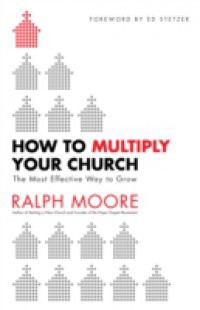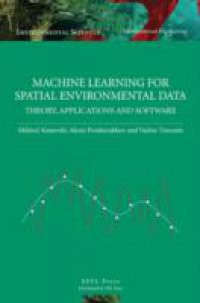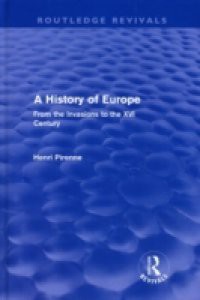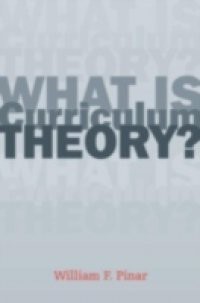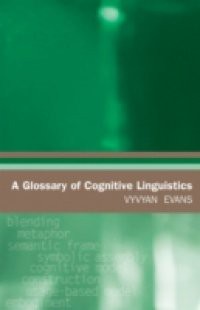Even though humanism derived its literary, moral and educational predilections from ancient Greek and Roman models, it was never an inherently secular movement and it soon turned to religious questions. Humanists were, of course, brought up with Christian beliefs, regarded the Bible as a fundamental text, and many of them were members of the clergy, either regular or secular. While their importance as religious sources was undiminished, biblical and patristic texts came also to be read for their literary value. Renaissance authors who aspired to be poetae christianissimi naturally looked to the Latin Fathers who reconciled classical and Christian views of life, and presented them in an elegant manner.The essays offered in this volume examine the influence of Christian Latin literature, whether biblical, patristic, scholastic or humanistic, upon the Latin and vernacular letters of the Iberian Peninsula in the period 1480 to 1630. The contributions have been organized into three thematically coherent groups, dealing with transmission, adaptation, and visual representation. Contrary to most studies on the Iberian literature of the period in which practically no essays are devoted to texts other than in Spanish, this volume successfully accommodates authors writing in Portuguese and Catalan. Likewise, a significant part of the pieces presented here is concerned with literary texts written in Latin. Moreover, it shows how the interests and preoccupations of the better-known authors of the Iberian Renaissance were also shared by contemporary figures whose choice of language may have resulted in their exclusion from the canon.


